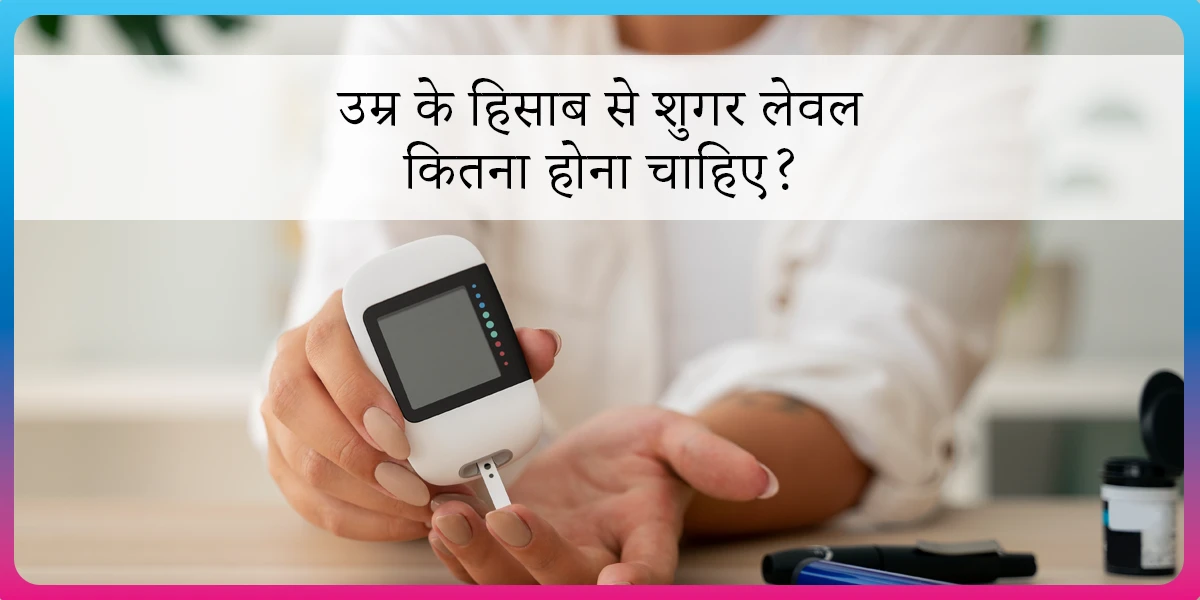Can Intermittent Fasting Actually Lead to Remission of Type 2 Diabetes?

A very popular diet trend that has been going around for some time now is intermittent fasting. A lot of people swear by intermittent fasting and its benefits and talk about how it has helped them lose weight, manage their weight better, and in general, feel healthier and more active.
But if you or a loved one has diabetes and are looking to better manage your diabetes health as well as overall health, and maybe are also trying to understand if intermittent fasting for diabetes remission works, then this article can help to answer some of your questions.
Today, we will take a look at what intermittent fasting is, how it works on your diabetes as well as overall health, and whether it can help in the remission of diabetes type 2.
Don’t struggle alone & get the expert care you deserve


What is intermittent fasting?
According to a research paper published by Karolina Nowosad and Monika Sujka, published in April 2021 –
“Intermittent fasting (IF) is a broad term encompassing various programs to manipulate meal time, using short-term fasting to improve body composition and overall health.
This method consists in refraining from eating for a specific period of time, e.g., 16 h, and then eating meals in the so-called feeding window, which lasts, e.g., 8 h. IF can be modified — periods of fasting or “eating window” were lengthened or shortened.
An example of such a modification is alternating eating 1 day and then fasting the next day. On the day of fasting, one meal (most often consumed at lunch) is usually eaten, which does not exceed 25% of the daily caloric demand.
Another example of IF modification is the introduction of 1 or 2 days of fasting per week. During the fast, one can completely eliminate food or reduce calories to a minimum.”
Different types of intermittent fasting
There are various time windows that people who do intermittent fasting can choose from.
Intermittent fasting of many types
- There is the more popular restrictive feeding schedule of 16:8 and 12:12, where you eat for 8 hours and fast for 16 hours, or eat for a period of 12 hours and fast for 12 hours.
- Or it can be fasting and eating alternate days, eating for 2 days, and fasting for one day.
- People also eat for 4-5 days and then fast for 2-3 days on a stretch, however, it is best to consult with your doctor or your diabetes management team, especially if you are on any medications to manage your diabetes or any other health conditions.
It is very important that before you start intermittent fasting for a diabetes remission plan, you first speak to your diabetes healthcare team and also get your overall health checked so that your doctor can give you the go-ahead.
Another thing to keep in mind is that instead of starting with intermittent fasting every day of the week, you can first start it once a week, and then gradually move on to every 3 or 2 days, and then maybe alternate days, and see how it is working for your body.
Once you are comfortable and your body responds well, you can then do this daily after speaking to your doctor.
What is diabetes remission?
Diabetes remission is a condition where the average blood sugar levels or the HbA1c levels are lower than 6.5 percent for at least one year after you stop taking your diabetes medication.
Please do keep in mind that you cannot stop taking your diabetes medication on your own, and this can only be done under the supervision of your diabetes healthcare team and only on their recommendation.
How intermittent fasting affects type 2 remission
A study was done in China to understand the effects of intermittent fasting on diabetes remission.
As per the research study that was published in the Journal of Clinical Endocrinology and Metabolism in 2022, different participants with type 2 diabetes, aged between 38 and 72 years were put on an intermittent fasting and calorie-restricted diet over 3 months.
Don’t struggle alone & get the expert care you deserve


After 3 months, it was found that up to 47 percent of the participants positively experienced diabetes remission. Along with their HbA1C levels, their mean body weight had also gone down and they were successfully able to maintain the same.
The researchers followed up with the participants after 12 months and found that those who had followed the intermittent fasting pattern had stable and reduced HbA1C levels as well as had sustained remission of diabetes type 2.
Intermittent fasting for remission of type 2 diabetes
Here are some of how following an intermittent fasting plan can help you with type 2 diabetes remission:
- One of the key benefits of following an intermittent fasting plan is that it can help you to achieve diabetes remission and in general better control of blood sugar and even aid in weight management.
- When you are on an intermittent fasting plan, it helps improve your metabolism, regulates your bowel movements, and also prevents you from snacking or eating when you are not hungry, or when your body does not need any more food.
- Once your weight is in control, it has a positive effect on your HbA1C levels, and sustained weight loss and weight management over a period of time can help you to have stable blood glucose levels. This could in effect lead to type 2 diabetes remission.
- Intermittent fasting can help to bring down your cholesterol levels and keep them stable.
- In many people, intermittent fasting can also help to improve the way that your body works with glucose, and thus stabilize your HbA1C levels.
- People who follow an intermittent fasting plan for at least some days of the week will notice a reduction in their overall weight. This is especially helpful for those who are obese or overweight. In such cases, following an intermittent fasting plan can help to bring down and stabilize the A1c levels, which takes note of your blood glucose levels over the last 2 to 3 months.
- Intermittent fasting can also help to improve overall heart health and reduce the risk of any cardiovascular diseases, which can often be a type of diabetes complication.
If you can follow intermittent fasting for remission of type 2 diabetes as well as positive lifestyle choices such as exercise and healthy eating over a period of time, it could help you continue with type 2 diabetes remission. [4]
Intermittent fasting and weight loss
Researchers and experts say that one of the key elements of intermittent fasting, that can help to the remission of type 2 diabetes is the loss of weight and weight management that is a result of intermittent fasting.
- Eating within a given eating window, and gradually eating only one to two healthy meals a day can help in a rapid loss of weight, especially in those who are in the early stages of type 2 diabetes.
- When you start losing weight at a rapid pace, it helps to remove the fat that has been accumulated around the liver, in the muscles as well as around the pancreas.
- As a result, it helps the pancreas to produce the adequate amount of insulin that is needed, which, in return, helps to reduce the levels of blood sugar.
- This also helps the liver and the muscles do their job properly and keep the levels of blood sugar regulated.
Researchers feel that with a guided intermittent fasting plan, almost 45 percent of those who have type 2 diabetes can successfully stop taking their diabetes medicines and still keep their blood sugar levels within control, thus reaching diabetes remission [5].
Things to remember before you start your intermittent fasting
Before you suddenly start on an intermittent fasting plan, make sure to keep these pointers in mind:
- First, speak to your diabetes healthcare team to assess your diabetes health as well as your overall health.
- Understand your perfect intermittent fasting plan, what you can eat during the eating window, what times when you should avoid eating, and for how many days in the week you can do the intermittent fasting plan.
- Do your intermittent fasting routine under the guidance of your diabetes healthcare team, where you should keep them updated about what times in the day you ate when you went without food, what you ate, and how many days you are on intermittent fasting.
- Get a personalized diet plan made specifically for you that you can follow on the intermittent fasting plan. While the intermittent fasting plan can help you reach type 2 diabetes remission, do keep in mind that you still need to eat a healthy and balanced diet that will benefit your diabetes and overall health.
Once you start intermittent fasting for diabetes remission, keep a note of how you feel and what you ate that particular day. Feeling a little hungry initially is fine, this will be a normal start to your intermittent fasting plan, but if you feel dizzy, uncomfortable, feel faint, feel any issue with your vision, or feel any other kind of discomfort, stop the intermittent fasting plan and speak to your diabetes health care team.
Fittertake
Diabetes remission is a slow and steady journey that requires consistent effort, commitment, and expert guidance. Any step that you take in that direction, especially when you are on medication to manage diabetes should be taken under the supervision of your doctor and diabetes management team.
Fitterfly’s Diabetes Management programs are personalized for you based on your lifestyle and also come with three expert coaches who are a chat away. To know more, reach out to us here.
This blog provides general information for educational and informational purposes only and shouldn't be seen as professional advice.
Don’t struggle alone & get the expert care you deserve





















